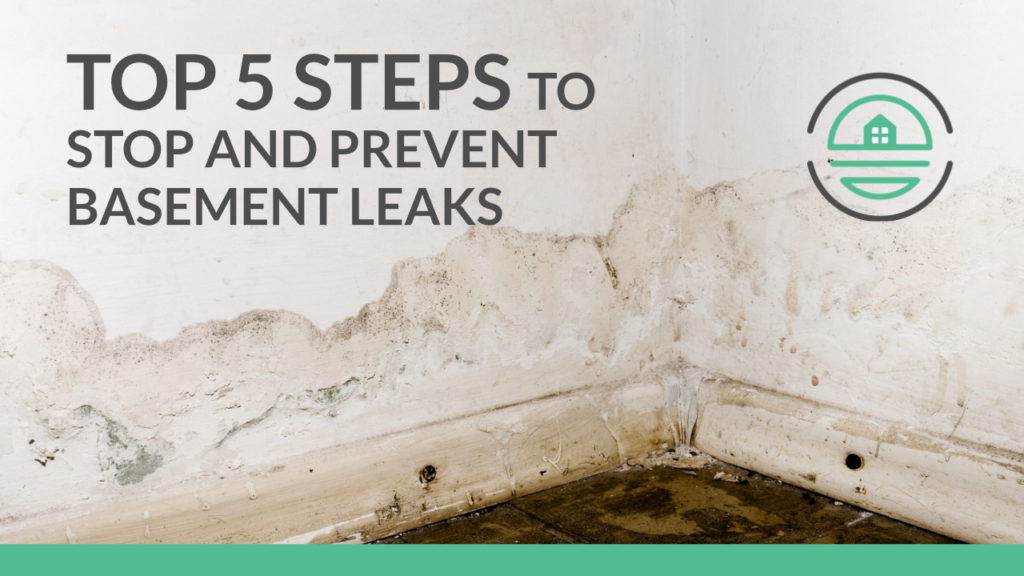How to handle a lease break
Reading Time: 3 minutes A lease break is when a tenant or property manager/owner ends a fixed-term agreement before its end date without sufficient grounds. It can happen for a multitude of reasons. Maybe the tenant gets a new job out of state and they have to leave. Maybe a relationship has gone bad, like a boyfriend and…

A lease break is when a tenant or property manager/owner ends a fixed-term agreement before its end date without sufficient grounds. It can happen for a multitude of reasons.
Maybe the tenant gets a new job out of state and they have to leave. Maybe a relationship has gone bad, like a boyfriend and girlfriend breaking up, and one person wants to move out and another person can’t handle it. It can also be that the tenant is having issues with the unit, the location was not what they wanted so they are trying to break the lease. In all our years of managing hundreds of properties, we get all these types of situations and a lot more. In this article, we share with you the five steps on how to handle a lease break.

#1 Know your lease break terms.
Make sure that you have specified the terms and conditions in the event some tenant has to break their lease. In our case, we charge one month’s rent for this term. We also make it very clear that they are responsible for all these obligations, especially the rent until they find a subletter.
#2 Assist in finding new residents.
The subletter needs to be found by the outgoing tenant. With us, we do our best to assist in the advertising and sending out listings. But we don’t want those costs to be paid out to you, the landlord. So there is also the term in their lease agreement, stating that the resident also pays for any further cost, such as marketing or broker fees. It is important to stay in constant communication with the residents. We don’t want them to just vacate your property and then try to find them when they are needed.
#3 Stay firm with rent collection.
We also make it very clear that if they do not pay the rent, we will still set out a collection. We will go after them, but the point is that we want to help them through the process. Once they find a subletter, we’re going to qualify them just like how we qualified them originally.
#4 Settle obligations.
We help them create a new lease so we can release the liability with them. With this, they know they are no longer obligated to us and the new tenants are.
5# Ensure a smooth transition.
Treat the new tenants just as how you would any new resident. In our case, we help clean the unit – again, charging the residents with that. We are also going to transfer the keys, but perhaps we will just change the locks as an additional precaution.
In conclusion
A lot of things can go wrong when you have tenants or manage properties. Other than having to worry and thinking, “Oh my god, I’m not going to have rent,” nothing beats being proactive.
Our commitment
So if you or anyone else you know is looking for a property manager to help you through the lease break process, guide you through it and make it smooth sailing, please think of Green Ocean Property Management: where you get more than a property manager, you get peace of mind.
Top 5 Steps to Stop and Prevent Basement Leaks
Reading Time: 2 minutes With our buildings in Boston being hundreds of years old, it’s super common to get water in the basements, but as a general contractor and someone who manages hundreds of properties over decades, we’ve seen it all. So let us go through these steps to be able to prevent and stop basement leaks…
How to Avoid Ice Build Up on Roof Gutters
Reading Time: 2 minutes Maintaining a property is not a one-day job where you will just wipe the windows or mop the floors to avoid dirt accumulation. Landlords, property managers, and tenants should work hand in hand to make sure that the property has a good curb appeal and is maintained well. In property maintenance, cleaning of…
Qualities of a Property Manager you Need
Reading Time: 2 minutes Your property could be one of the most expensive things you own. Stop for a moment and think about another valuable object that you have, whether it has price or sentimental value. Perhaps, it’s a person like one of your children or an item such as a piece of jewelry that’s been passed down…








